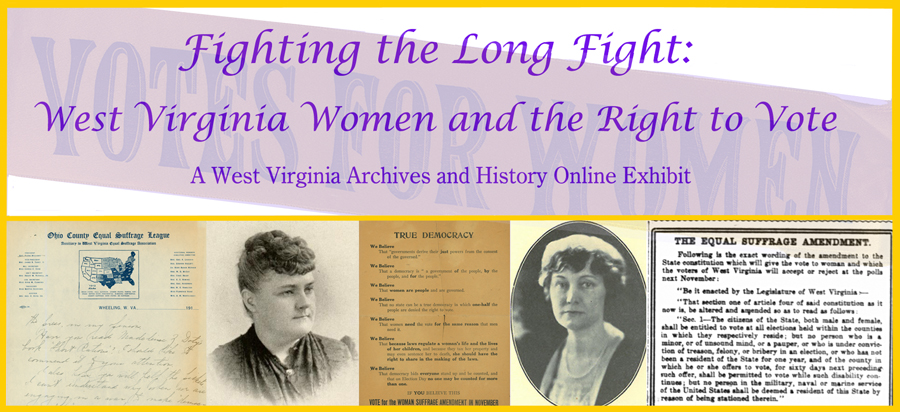

Governor Cornwell Announces There Will Be No Special Session CHARLESTON, W. Va., Aug. 30. - Recalling that the extra session of the state legislature ignored the suggestion to pass necessary laws providing for registration of women voters and declaring that he has no assurance that the lawmakers would pass thorough legislation were it reassembled, Governor John J. Cornwell announced last night that there would be no extra session called. The governor's statement in full follows: "I called the legislature in special session for that very purpose on the 27th of February last, in ample time for it to act before registrars began their work registering the male voters, and strongly urged legislation for the registration, provisionally of women who would be qualified voters if the constitutional amendment was ratified before the election. "The legislature refused to act. The fault of the present situation is not mine. I did all I could to avoid it. If the newspapers and persons now advocating another special session had supported me at the time I was struggling to get the legislature to perform what seemed to me to be a plain duty it might have acted. "I have no assurance that the legislature would pass proper legislation were it reassembled. Such legislation to be efficacious, would have to be enacted immediately and made affective from its passage. One-third of the members of either house could prevent legislation from being made effective from the date of its passage and thus make the session, if held, abortive. "Then, this senatorial district would be without representation, Senator Montgomery having resigned and Senator Scherr being dead. "It would not be possible to have a special election in this senatorial district and then a special session of the legislature in time to enact legislation applicable to the situation, that is, under which a new registration could be made. "I greatly deplore the fact that it will, apparently be necessary to register the women voters at the two days' sitting of the registrars, and did all I could to obviate [blank] a contingency, but the blame for it should be placed where it belongs." This announcement on the part of the governor followed the receipt of an opinion from Attorney General England bearing upon the matter. The attorney general said: "I have the honor to answer your letter of this date which recites that the secretary of state of the United States has issued proclamation of the ratification by the required number of states of the equal suffrage amendment; and which letter directs attention to the fact that the women in West Virginia have not been registered (a prerequisite to the right to vote in this state), and referring to that part of our election laws which requires the registrars to sit in their respective precincts for two days beginning on the third Monday before the election, for the purpose of 'amending, correcting and completing the registration of voters,' and expressing a doubt of the practicability of this provision to meet the present situation; and asking if there is any other lawful way by which the women of this state may be registered for the coming election. "I know of no other way under our present registration laws by which the women can be registered, except that above set out; and by the additional method provided by which the county court sitting on the Tuesday next preceding any general election for the 'purpose of adding to the list of voters of said county the names of any persons who may appear in person before said [court and] make application for registration, which have been omitted by the registrars, who should be registered, either because the same have been omitted, or by reason of such person having become entitled to vote since such registration was made.' "Referring to your view that 'The registrars may hesitate to provide the books and carry out this new registration without an official opinion from you (the attorney general) on the subject'; I beg to say that it would be the duty of the county court to furnish to the registrars the necessary books for the purpose, and no doubt the county court would perform that duty; and if any persons applied to the registrars on the two days of their sitting, who were lawfully entitled to be registered, it certainly would be the duty of the registrar so sitting to register them. "As to the practicability of the registering of the women un der our present laws, and thus meeting the present unusual situation, I would defer to your good judgment, as that would not be a question of law, but one of practical administration." |